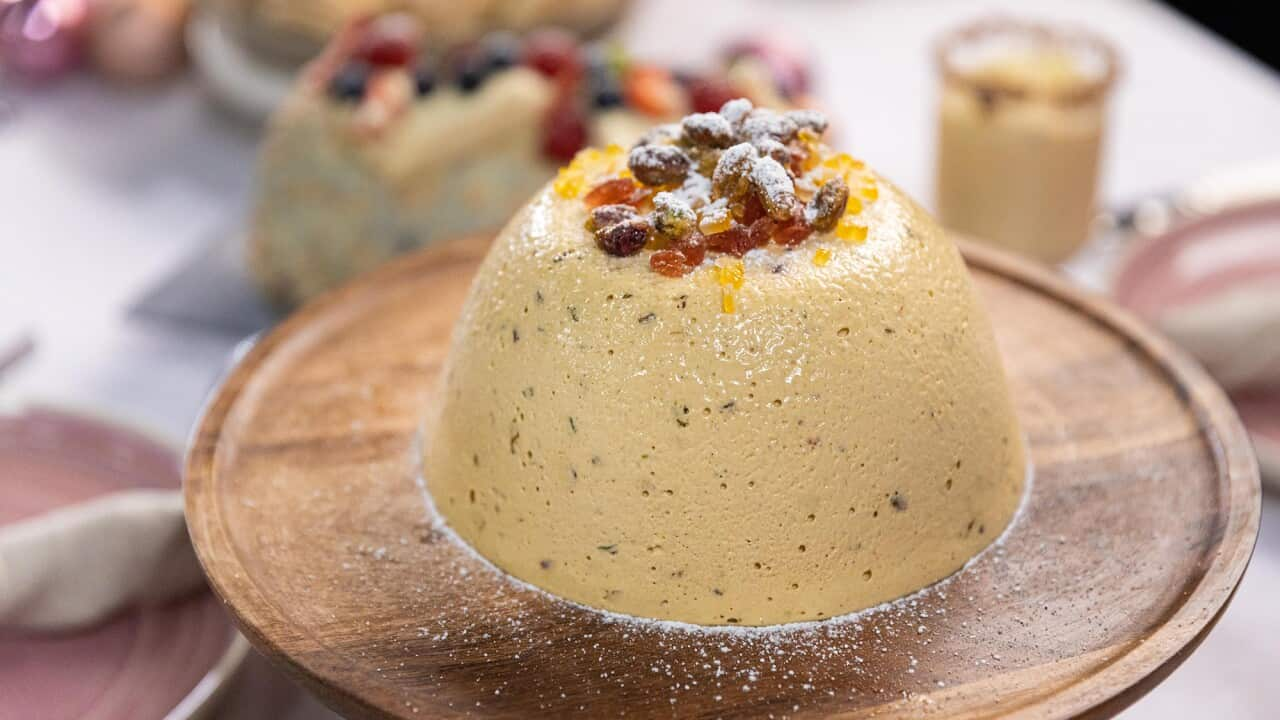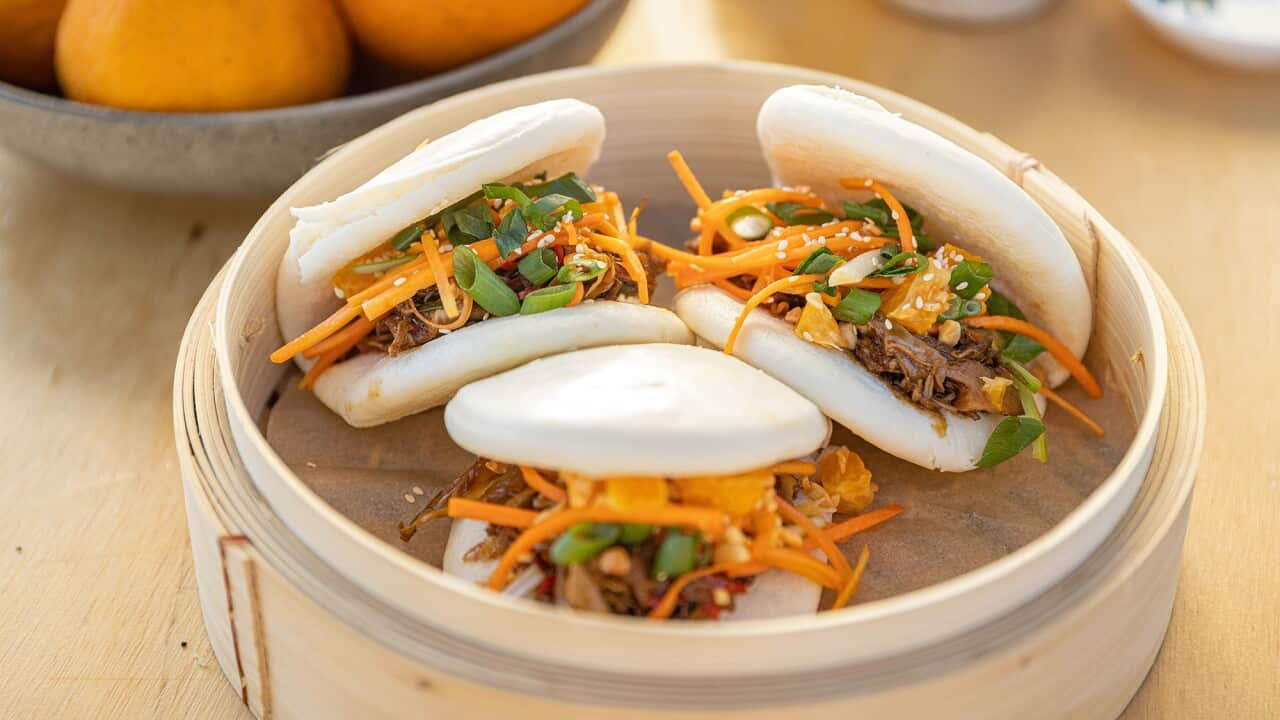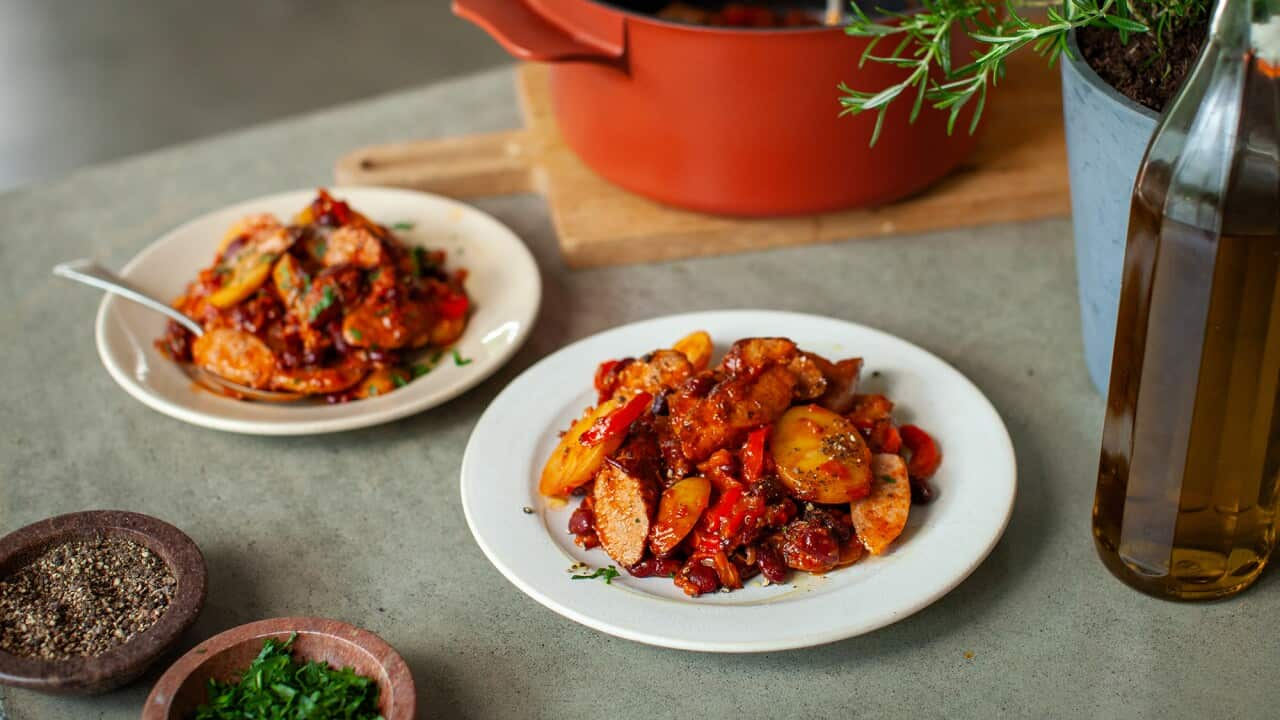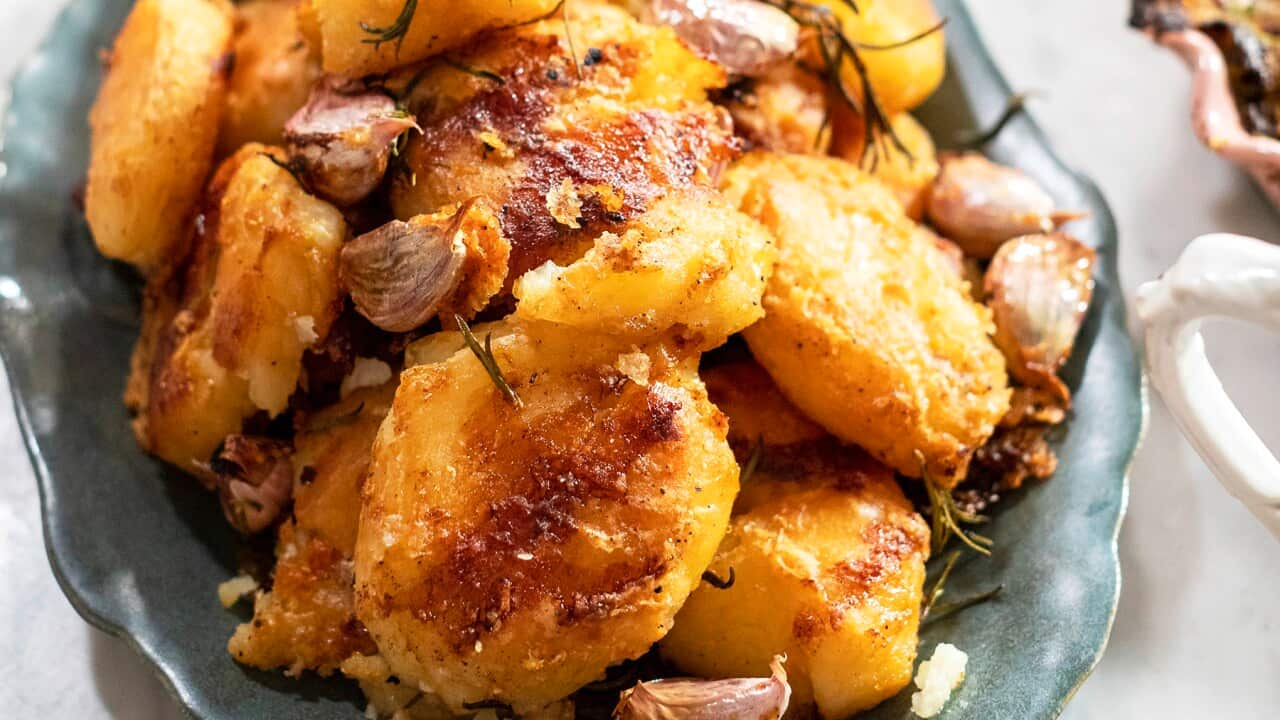makes
350g
prep
20 minutes
difficulty
Easy
makes
350g
serves
preparation
20
minutes
difficulty
Easy
level
Ingredients
- ¼ cup milk kefir grains (see Note)
- 1 litre pouring cream
- 2 litres chilled water
- ½ tsp fine salt (optional)
Resting time overnight
Instructions
1. Pour the kefir grains into a piece of muslin and loosely tie into a bag. Place the cream in a large glass jar or non-reactive bowl, add the kefir pouch making sure it is submerged in the cream. Cover the jar loosely, then leave on the bench overnight to culture.
2. Remove the kefir pouch. If you want to keep and re-use them, empty the grains into a small jar, cover with a little more milk, then cover and refrigerate.
3. Using the whisk attachment on an electric mixer, whisk the cream until firm and then starting to separate. You’re looking for a ricotta-like texture at this point, so it’s easier to ‘wash’ the butter. What will happen is that the more you whip or stir or mix the cream, the more the butterfat will clump together – which is the butter. Don’t worry if it suddenly looks like a big blob of butter and the buttermilk is sitting in the bottom of the pan. It just gets a little harder to wash.
4. When the butterfat has clumped together, drain off as much buttermilk as you can by pouring the whole mix through a fine sieve. This buttermilk is excellent in cooking, and some people like to drink it. It has a very short shelf life though and we find it only lasts only 1-2 days in the fridge.
5. Pour the butter back into the mixing bowl and add some of the chilled water. Stir it really well to ‘wash’ out the buttermilk. Pour into a sieve, discard the liquid and repeat three times until the water starts to come out virtually clear. Now, using a sturdy spatula, press out any remaining buttermilk that you can, by folding the butter over, and mashing it against the side of the bowl, draining off any liquid as you go.
6. When you’re sick of washing it, fold in the salt, if using, then pat the butter into shape and serve.
Note
•Also known as SCOBY (symbiotic community of bacteria and yeasts), kefir grains are available from good health food stores, online or better still get them from a friend who has some extras to spare.
Photography by Tim Thatcher
Matthew Evans is back in his brand-new series of 8pm Thursday nights on SBS and on .
Cook's Notes
Oven temperatures are for conventional; if using fan-forced (convection), reduce the temperature by 20˚C. | We use Australian tablespoons and cups: 1 teaspoon equals 5 ml; 1 tablespoon equals 20 ml; 1 cup equals 250 ml. | All herbs are fresh (unless specified) and cups are lightly packed. | All vegetables are medium size and peeled, unless specified. | All eggs are 55-60 g, unless specified.








